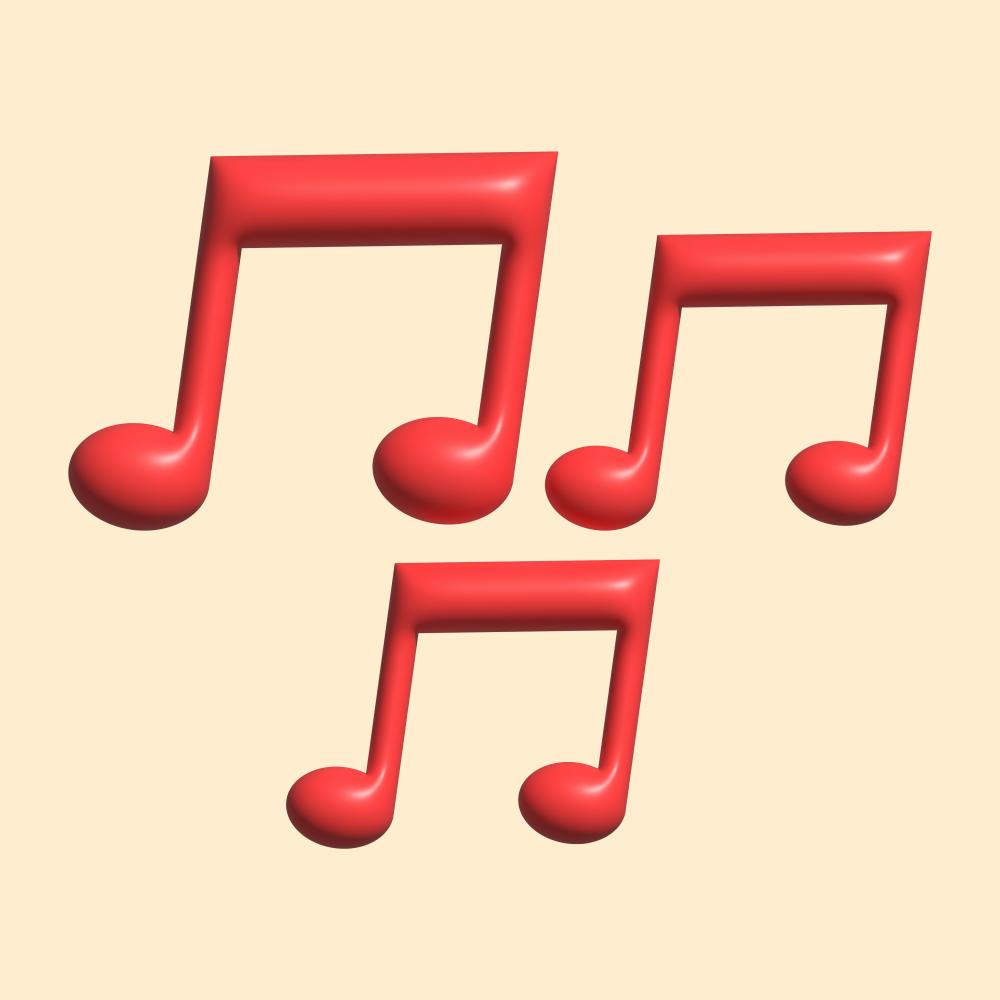
Finding Inspiration to Start Your Song
Finding the spark to start your song can often be the most challenging part of the songwriting process. As creators at Songwriting Books, we understand that inspiration can strike in the most unexpected moments. It could be a phrase overheard in a conversation, the beauty of a sunset, or a feeling that’s been lingering in your heart. To capture and nurture these fleeting moments of inspiration, always keep a notebook or voice recording app handy. The goal is to create a repository of ideas that can serve as the foundation for your song.
Another method to spark creativity is through ‘song prompts’. These can be single words, questions, or scenarios designed to get your creative juices flowing. For instance, how would you describe the feeling of being lost without mentioning the word ‘lost’? Challenges like these can lead to intriguing songwriting directions and themes.
Structuring Your Song for Emotional Impact
Choosing a Song Structure
Deciding on the structure is a crucial step to start your song. The traditional verse-chorus-verse format offers a familiar route, and for good reason. It provides a clear path for storytelling and builds anticipation for the song’s main message or emotional peak in the chorus. However, don’t be afraid to experiment with other structures like AABA (verse-verse-bridge-verse) or even more unconventional formats. Different structures can offer new ways of connecting with your audience and expressing your song’s unique message.
Emphasizing the Chorus
The chorus is the heart of your song, the segment that listeners will likely remember and want to hear again. To start your song‘s chorus effectively, focus on making it both catchy and emotionally resonant. Use strong, vivid language and ensure the melody is memorable. Consider the emotion or message you want to convey. Is it joy, sorrow, frustration, or hope? This emotion should guide your choice of words and the musical key.
Crafting the Lyrics
Lyrics are the soul of your song. They tell your story and express emotions in a way that resonates with listeners. To start your song‘s lyrics, focus on the message you wish to convey. What is the story or emotion you’re sharing? Draw from personal experiences, observations, and feelings to create lyrics that are authentic and relatable.
When structuring your lyrics, consider using literary devices like metaphors, similes, and alliteration to add depth and intrigue. Show, don’t tell. Instead of saying “I’m sad,” describe the physical sensations of sadness, such as a heavy chest or teary eyes. This approach helps listeners connect more deeply with the song.
Melody and Chords
Finding the Right Melody
Start your song’s melody by humming or playing around with different tunes on your instrument of choice. The melody should complement the emotion of your lyrics. If you’re writing a happy song, consider a melody that’s upbeat and light. For a sad song, a slower melody with longer notes can enhance the emotional impact. Experiment with various melodies for the same set of lyrics to see which one best conveys the song’s mood.
Choosing Chords to Enhance Emotion
Your choice of chords can significantly affect the song’s emotional tone. Major chords often evoke happy, bright feelings, while minor chords can introduce a sense of sadness or tension. Don’t shy away from exploring different chord progressions. Sometimes, an unexpected chord can provide the perfect emotional twist to start your song in the right direction.
Collaboration: Enhancing Your Songwriting Process
Collaboration can be a powerful tool in the songwriting process. Working with others can bring new perspectives, ideas, and expertise to your song. Whether it’s co-writing with another songwriter, getting feedback from a trusted friend, or hiring a professional to refine your work, collaboration can elevate your song in ways you might not have considered alone.
Remember, collaboration is about enhancing and refining your vision. Be open to feedback and new ideas, but also stay true to the song’s core message and emotion you want to convey.
The Revision Process: Refining Your Song
Writing a song is rarely a one-and-done process. Revising and refining your song is a crucial step in the songwriting journey. Take a break after your initial draft, then revisit your song with fresh ears. Listen for lyrics that could be stronger, melodies that could be more engaging, or chords that might need tweaking.
Ask yourself if each line serves the song’s overall message and emotion. If something feels out of place or unnecessary, don’t be afraid to cut it. Remember, the goal is to make your song as strong and cohesive as possible.
Sharing Your Song: Connecting with an Audience
Once you’re satisfied with your song, it’s time to share it with the world. Consider performing your song live at open mics or local music events. This can provide invaluable feedback and help you connect with listeners on a personal level. Additionally, recording a demo and sharing it on social media or music platforms can broaden your audience and open up opportunities for collaboration and professional growth.
Remember, the goal of songwriting is to express yourself and connect with listeners. Whether your song reaches a few people or thousands, making an emotional impact is what truly matters.
At Songwriting Books, we strive to provide resources and guidance to help songwriters at all levels improve their craft. From understanding the basics of songwriting to exploring advanced techniques, our platform is designed to support and inspire your musical journey. Embrace the process, stay curious, and keep creating. Your next song could be the one that touches someone’s heart or even changes the world.

How do you start the first line of a song?
Starting the first line of a song can feel like a daunting task, but it’s also an exciting opportunity to set the tone for your piece. One approach is to draw from personal experience or emotion, which can immediately create a connection with your audience. For instance, think about a moment that evoked strong feelings in you, and describe that scene or emotion in vivid detail. Another strategy is to start with a compelling question or statement that piques curiosity. Remember, the first line doesn’t have to be perfect from the get-go. It’s a starting point, and it’s perfectly fine to revise it as the rest of your song takes shape.
What is the start of a song called?
The start of a song is commonly referred to as the ‘intro.’ The intro serves several important functions: it sets the musical tone, establishes the key and tempo, and can introduce a motif or theme that recurs throughout the song. A well-crafted intro grabs the listener’s attention and builds anticipation for the verses to come. It’s like the opening scene of a movie; it prepares the audience for the journey they’re about to embark on.
What are good words to start a song?
Good words to start a song often evoke emotion or spark curiosity. Words like “Imagine,” “Suddenly,” “Whisper,” or “Beneath” can open up a world of storytelling possibilities. However, the best words are those that align with the theme and emotion you want to convey in your song. It’s not just about the word itself but how it fits into the broader narrative you’re creating. Experiment with different words and see which ones resonate most with the message or feeling you want to express.
What should your first song be?
Your first song should be a reflection of you, something that feels authentic and true to your experiences or emotions. There’s no set rule for what a first song must be about. Whether it’s a simple melody that’s been stuck in your head or a story you’re burning to tell, the important thing is to start writing. Your first song is a learning process, and through it, you’ll discover your unique voice and style. Think of it as the first step in your songwriting journey, not a masterpiece that defines your worth as an artist.
How can you structure your song for maximum emotional impact?
Structuring your song for emotional impact involves thoughtful arrangement and pacing. The verse-chorus-verse structure is classic because it builds anticipation and delivers resolution, but don’t be afraid to break the mold. For instance, starting with a powerful chorus can grab attention, while an unexpected bridge might offer a fresh perspective or deepen the song’s emotional layer. Consider the story arc of your lyrics and how the structure can enhance the journey from beginning to end. Sometimes, it’s the unconventional choices that leave the most lasting impression.
What are some tips for crafting compelling lyrics?
Crafting compelling lyrics often revolves around authenticity and relatability. Use vivid imagery and sensory details to paint a picture or evoke a feeling. Metaphors and similes enrich your storytelling, offering deeper layers for listeners to explore. Also, focus on the conversational tone; write as if you’re speaking directly to someone. This creates a sense of intimacy and connection. Lastly, don’t underestimate the power of simplicity. Sometimes, the most profound moments in a song are expressed in the simplest terms.
How can melody and chords enhance the emotion of your song?
The melody and chords are the soul of your song, carrying the emotion and connecting on a visceral level with your audience. A melancholic lyric paired with a minor chord can deepen the sense of sorrow, while an uplifting melody can make hopeful lyrics soar. Playing with rhythmic variations, tempo changes, and unexpected chord progressions can also enhance the emotional richness of your song. Remember, the congruence between your melody, chords, and lyrics is what ultimately makes your song resonate emotionally.
Songwriting Resources
- Berklee College of Music – Berklee College of Music offers various courses and resources on songwriting, including workshops, online classes, and tips from industry professionals.
- Nashville Songwriters Association International – The Nashville Songwriters Association International provides songwriting resources, networking opportunities, and workshops for songwriters of all levels.
- GRAMMY Museum – The GRAMMY Museum offers educational programs, workshops, and resources for songwriters looking to hone their craft and connect with the music community.
- ASCAP – ASCAP, the American Society of Composers, Authors, and Publishers, provides resources, workshops, and networking opportunities for songwriters to protect their work and further their careers.
- Songwriters Hall of Fame – The Songwriters Hall of Fame website features resources, interviews, and educational content for aspiring and established songwriters looking to learn and grow in their craft.